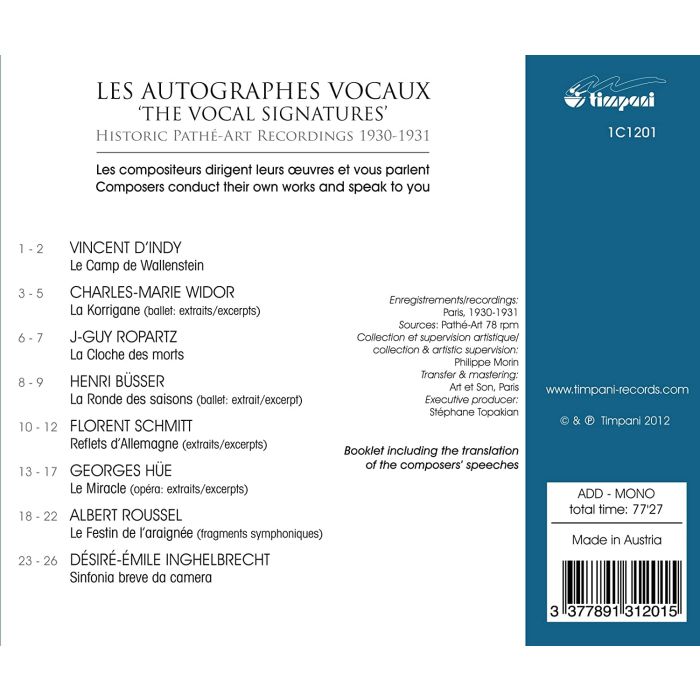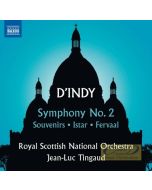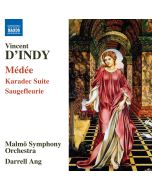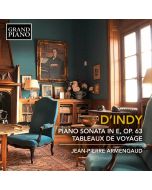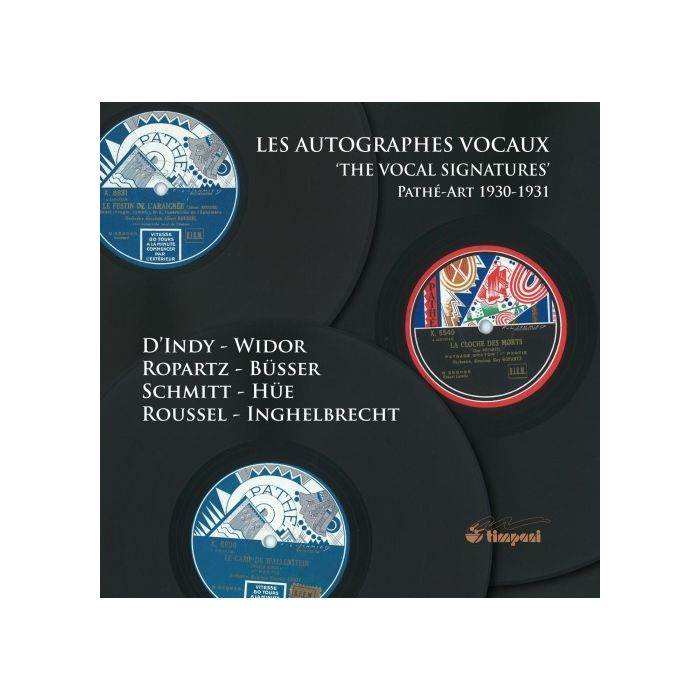
(Produkt nie został jeszcze oceniony)
kompozytor
różni kompozytorzy
tytuł
Les autographes vocaux, Pathé-Art 1930-1931, composers conduct and speak: d'Indy, Widor, Ropartz, Büsser, Schmitt, Hüe, Roussel, Inghelbrecht
pełny spis kompozytorów
D'Indy, Vincent, Ropartz, Joseph-Guy, Schmitt, Florent, Widor, Charles-Marie
wykonawcy
Różni wykonawcy
nr katalogowy
1C 1201
opis
There are countless composers who, from the first half of the twentieth century, left on the record testimonies as interpreters of their own works. One thinks in particular of the precious recordings engraved by R. Strauss, Rachmaninov, Bartok, Kodaly, Stravinsky, Villa-Lobos, Prokofiev, Milhaud, Poulenc, Chostakovitch, Messiaen, Britten… often reissued. Much less known are those gathered and presented here by Philippe Morin, the reports having been carried out by the goldsmiths of Art and His Studio (Alexis Frenkel and Christophe Hénault). It is a series entitled "Orchestra with vocal autographs" engraved for Pathé in 1930 and 1931 by eight French composers. The recordings of orchestras are in fact at the time in full development because of the technical progress which knew the phonographic industry in the mid-1920s, going from acoustic recording to electric recording (Felix Weingartner records by example between 1927 and 1938 the first integral of Beethoven's symphonies…). • The principle of this series published under the label “Pathé-Art”, a luxury collection, consisted in recording a composer in one of his works, often in the form of an extract (the face of a 78 rpm contains only three to five minutes of music…), then the latter announced what he had just recorded. Touching testimony that earns us the pleasure of hearing for a few seconds the voice of composers born in the second half of the 19th century, and sometimes even very old at the time of recording (we think in particular of Charles Marie Widor). But despite the care taken to carry over these 78-turn faces, without excessive filtering, the documents show their age. The orchestra, undoubtedly that of the Pasdeloup Concerts, sounds relatively precariously to ears used to a certain sound comfort and to orchestral "rolls" of the 21st century. We can also regret that Pathé's choice at the time fell on (bits) of works which are, after all, rather anecdotal. Except for Camp de Wallenstein by d'Indy and especially Le Festin de l'araignee by Roussel, this orchestral repertoire has deserted concert halls and is hardly even the subject of recordings, at a time when the 'yet we immortalize a number of works by "little masters".
nośnik
CD x 1
wydawca
Timpani
data wydania
28.10.2012
EAN / kod kreskowy
3377891312015
58,00 zł
Produkt na zamówienie
Wysyłka ustalana indywidualnie.
Darmowa wysyłka dla zamówień powyżej 300 zł!
Darmowy kurier dla zamówień powyżej 500 zł!
sprawdź koszty wysyłki